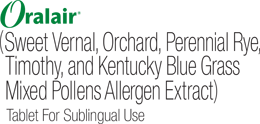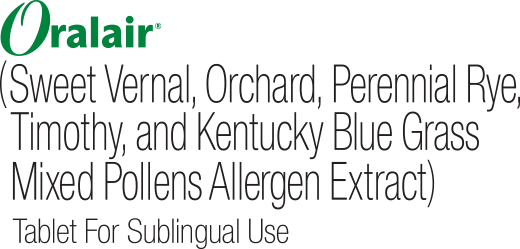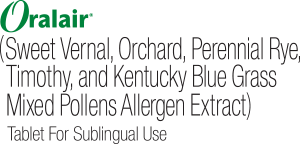What is allergy immunotherapy?
Allergy Immunotherapy (AIT) is used to reduce the allergic response to allergens by exposing patients to a small amount of the allergen to which they are allergic. AIT has been shown to be effective in treating allergies, such as grass pollen, in adults and children. In adults, AIT has provided sustained efficacy year after year for 3 years. The mechanisms of action of AIT are not known.1
Who may benefit from allergy immunotherapy?
Appropriate candidates for AIT are patients
who require high medication doses, multiple medications, or both to maintain control of their allergy2
who may be dissatisfied with symptomatic pharmacotherapy2
who want a treatment that may reduce the long-term use of symptomatic pharmacotherapy2
who are unable to avoid confirmed allergens2
Patients who are not appropriate are those
with severe, unstable, or uncontrolled asthma2
- with a history of eosinophilic esophagitis1
who may have a reduced ability to survive a serious allergic reaction to epinephrine, or are taking medications that can potentiate or inhibit the effect of epinephrine1
who may be at high risk for (serious) systemic reactions2






